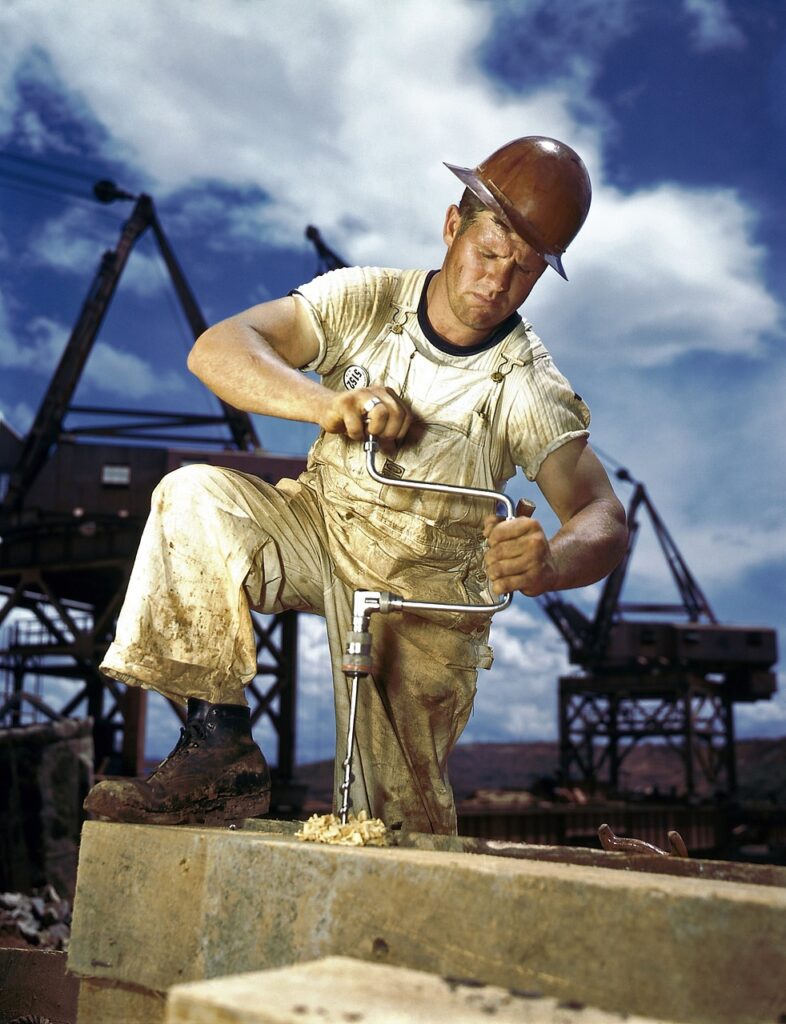An aluminum composite panel manufacturer specializes in producing layered panels made from two thin aluminum sheets bonded to a core material, often fire-retardant. These panels combine durability, lightweight strength, and aesthetic appeal, making them ideal for exterior cladding, interior design, and signage applications.
The most important factor in choosing a manufacturer is their ability to deliver high-quality, fire-rated panels with consistent performance and customization options. Leading manufacturers operate globally, offering various metal skins and core types to meet different project requirements while often incorporating recycled materials.
Manufacturers also play a key role in ensuring panels meet safety standards and environmental regulations. Their expertise and production capacity directly affect the reliability and longevity of the finished product, which is critical for architects, contractors, and property owners.
Understanding Aluminum Composite Panel Manufacturers
Aluminum composite panel manufacturers specialize in producing layered materials designed for durability, fire resistance, and aesthetic flexibility. Their operations involve strict adherence to quality standards and the integration of advanced technologies. Choosing the right manufacturer depends heavily on materials used and manufacturing methods applied.
What Is an Aluminum Composite Panel Manufacturer
An aluminum composite panel (ACP) manufacturer produces panels consisting of two thin aluminum sheets bonded to a non-aluminum core. These panels provide strength, lightweight properties, and dimensional stability, making them suitable for building facades and interior applications.
Manufacturers vary in scale from regional suppliers to global corporations. They supply panels in different thicknesses, finishes, and fire ratings to meet regulatory requirements and client preferences. Quality depends on control during material sourcing and production processes.
Manufacturing Processes and Quality Standards
Manufacturing begins with bonding aluminum sheets to a core made from fire-retardant mineral, polyethylene, or other materials. The bonding process involves heat and pressure to ensure adhesion and durability.
Cutting-edge fabrication shops use automated techniques for coating, cutting, and finishing. Fire-rating classifications such as FR-A1 or FR-A2 are assigned based on the core material and compliance with building codes.
Quality standards include testing for corrosion resistance, tensile strength, and surface finish uniformity. Leading manufacturers maintain certifications like ISO and comply with environmental regulations.
Key Materials and Technologies Used
Core materials significantly affect the panel’s fire resistance and flexibility. Mineral cores provide enhanced fire retardancy, while polyethylene cores are lighter but less fire-resistant.
Aluminum sheets are typically pre-painted or coated with polymers to prevent corrosion and allow for various colors and finishes. Some manufacturers incorporate recycled aluminum to support sustainability.
Technologies such as coil coating, advanced lamination, and CNC cutting improve product consistency and enable customization. Innovations also focus on lightweight composites that maintain structural integrity.
How to Choose the Right Aluminum Composite Panel Manufacturer
Selecting a manufacturer requires attention to product quality, production capabilities, and available customization. These factors determine whether the panels meet project specifications and deadlines. Reliable technical support and adherence to safety standards are also essential.
Evaluating Product Quality and Certifications
Quality is a primary factor when choosing a manufacturer. The panels must have consistent thickness, strong bonding between layers, and durable outer coatings. High-quality aluminum skins and fire-resistant cores improve safety and longevity.
Certifications such as ISO 9001 for quality management and fire safety ratings (e.g., ASTM E84 or equivalent local standards) confirm compliance with industry benchmarks. Checking third-party lab test results ensures a product meets performance claims.
Customer reviews and case studies can provide insight into the manufacturer’s consistency and product lifespan. Manufacturers with quality assurance processes and visible commitment to standards typically deliver better materials.
Assessing Manufacturing Capacity and Capabilities
The capacity to handle volume and deadlines is critical for large or ongoing projects. A manufacturer should have advanced machinery for precise cutting, coating, and panel assembly. This helps maintain uniformity and reduces waste.
Capabilities like in-house surface finishing, fire retardant application, and weatherproofing increase reliability. The ability to produce both standard and custom sizes improves project flexibility.
Manufacturers experienced with export logistics and local building codes can reduce delays. Responsive customer service and technical support during production and installation phases add value.
Comparing Customization Options and Services
Customization affects both aesthetic and functional outcomes. Leading manufacturers offer various panel thicknesses, core materials, and aluminum finishes to match design and structural needs.
Additional services might include on-site technical advice, installation training, and after-sales support. Some manufacturers provide prototype development or mock-ups for project approval.
Choosing a manufacturer who can adjust production to specific requirements and can provide timely updates throughout the process ensures a better fit for complex projects. Transparent communication and flexibility are important indicators of quality service.
